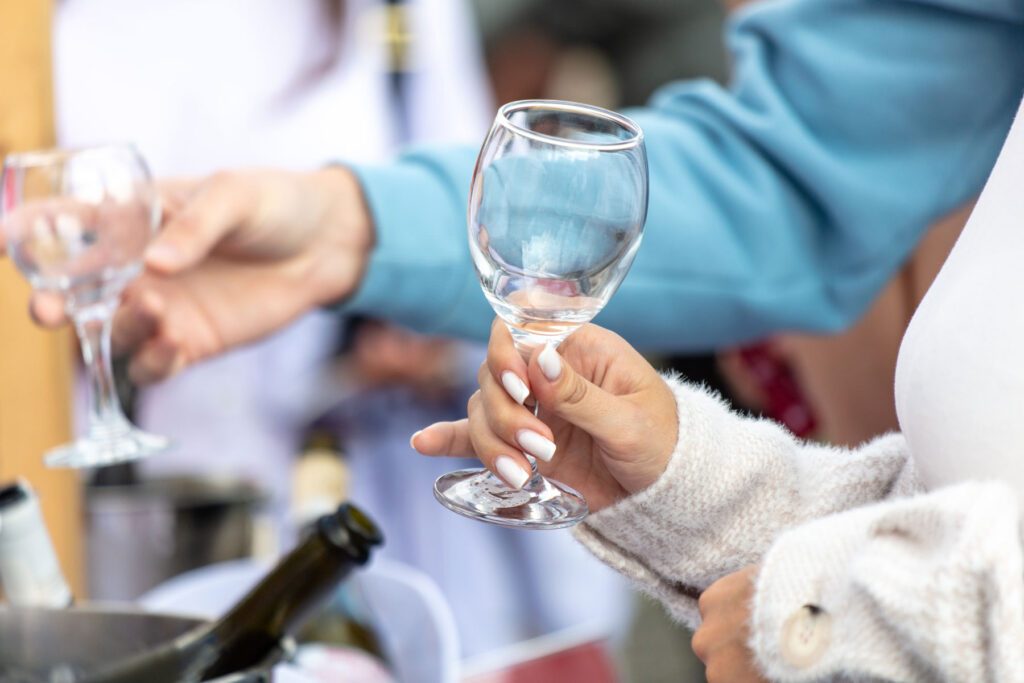Struggling with emotional or mental health challenges can feel overwhelming, and it’s natural to seek relief from the pain. For some, alcohol may seem like a quick and easy escape. But over time, this habit can develop into a dangerous cycle known as self-medicating with alcohol. At The Willows at Red Oak Recovery® , we believe in helping individuals understand the signs of self-medication and finding healthier paths to healing. Call 828.518.6941 to discover how our alcohol treatment for women empowers our clients.
Why People Self-Medicate
Self-medication often begins as a way to cope with unbearable emotions like sadness, anxiety, or stress. For individuals facing depression or trauma, alcohol can temporarily dull the pain and provide a false sense of calm. However, alcohol doesn’t solve the underlying issue—it merely masks it.
Life’s pressures, such as work challenges, relationship issues, or unresolved past events, often push people toward self-medicating as a misguided coping mechanism. Initially, drinking may seem to be an effective way to “take the edge off,” but it can quickly spiral into dependency, making emotional struggles even worse.
Are You Using Alcohol to Self-Medicate?
Recognizing the signs of self-medicating with alcohol is an important first step toward recovery. Here are some common indicators that alcohol may have become a tool for coping with deeper issues:
- Drinking to escape emotions: Using alcohol to block out feelings of sadness, anxiety, or anger is a red flag.
- Frequent or increased drinking: Turning to alcohol more often, or needing larger quantities to feel “relaxed,” may signify self-medication.
- Avoiding problems instead of addressing them: If you find yourself relying on alcohol instead of seeking solutions, it’s time to reevaluate your habits.
- Feeling guilty about drinking: Regret or shame after consuming alcohol is another sign that your relationship with it may be unhealthy.
- Health or lifestyle impacts: Neglecting responsibilities, losing interest in activities, or experiencing physical symptoms like fatigue or hangovers can all point to a harmful pattern of self-medication.
If any of these signs sound familiar, it’s crucial to understand that self-medicating may temporarily numb the pain but ultimately leads to greater harm.
Dangers of Self-Medication
Self-medication with alcohol doesn’t just hinder emotional healing—it can create additional physical and mental health risks. Alcohol is a depressant, which means it can worsen feelings of hopelessness or sadness over time. This can lead to a cycle where you drink more, feeling worse with every attempt to self-soothe.
Other dangers of self-medication include:
- Increased risk of addiction
- Damage to the liver and other vital organs
- A strain on relationships with loved ones
- Financial burdens
- Legal issues
- Decreased job performance
These cumulative effects make self-medicating an unsustainable and harmful way to cope with stress or depression. Alcohol addiction treatment can help you find more health outlets and develop tools to deal with stressors and triggers.
Why Self-Medicating Depression with Alcohol Definitely Doesn’t Work
If you’re relying on alcohol to manage feelings of depression, it’s important to know that this approach does not address the root causes of your struggles. Self-medicating depression with alcohol can dull emotional pain, but it doesn’t heal it. Instead, alcohol disrupts the brain’s natural chemical balance, making depressive symptoms even worse in the long term.
Alcohol interferes with sleep quality, motivation, and focus—all essential elements of recovery from depression. It also reduces your ability to respond constructively to life’s challenges, leaving you more vulnerable to emotional setbacks. Over time, what feels like a solution becomes just another obstacle to surmount.
The good news is that there are proven, effective treatments available for depression. Therapy, counseling, and sometimes medication can provide lasting relief, helping you address your emotions in a healthy and sustainable way.
Alcohol as a Coping Mechanism for Women
People don’t just turn to alcohol for depression but for all sorts of mental health conditions, pain, and stress. Women are more likely than men to use alcohol as a coping mechanism. One reason for this may be the cultural pressures placed on women to constantly meet societal expectations and juggle multiple responsibilities. Whether it’s pressure to have a successful career, maintain a perfect appearance, or fulfill traditional gender roles, these expectations can be overwhelming and leave women feeling like they have no outlet for their emotions. In addition, many women face unique challenges such as sexual harassment and violence, body image issues, and unequal treatment in the workplace. These experiences can also contribute to a sense of powerlessness and lead women to turn to alcohol as a coping mechanism.
Call The Willows Today
If you’re noticing patterns of self-medicating with alcohol or struggling with depression, know that you are not alone. At The Willows, we understand the unique challenges of emotional pain and the impact it can have on your life. Our compassionate team offers evidence-based therapies, personalized treatment plans, and a supportive environment to help you break free from self-medication.
Reach out to The Willows online or call 828.518.6941 today to begin your healing process. Taking the first step toward help is an act of strength, and we are here to guide you every step of the way toward a healthier, brighter future.

